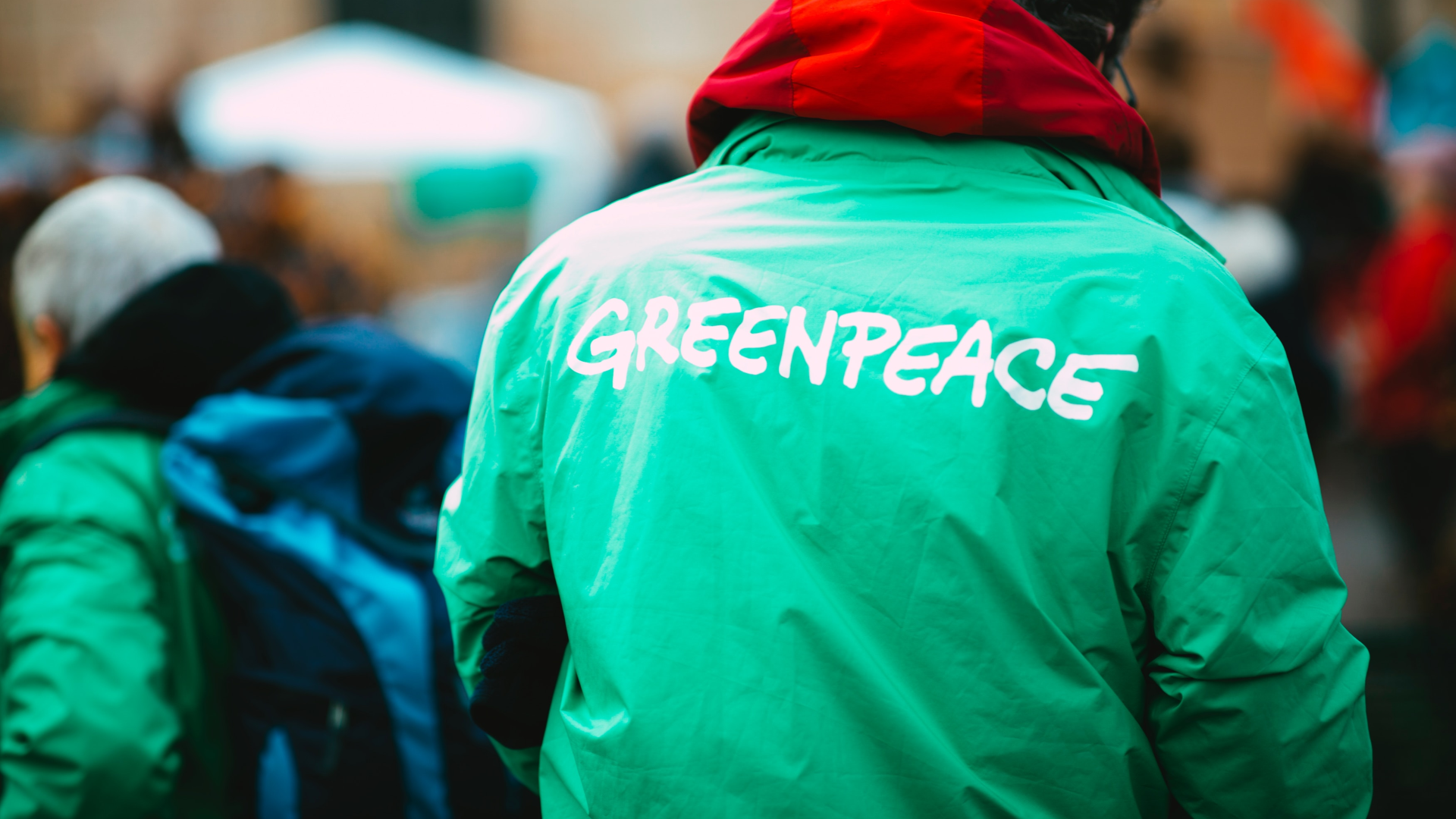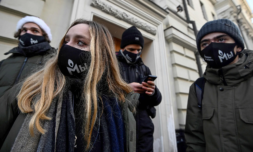Greenpeace has been forcibly liquidated within Russia, meaning the continuation of its activities would be illegal and put staff at risk of prosecution.
The term ‘foreign agent’, once synonymous with the Soviet era, is returning with worrying regularity within Russia, leaving many to believe civil freedoms are being systematically bulldozed.
The latest to be branded an ‘undesirable organisation’ by Moscow authorities is Greenpeace, effectively forcing the ecological outfit to disband or face legal consequences.
This liquidation represents the nation’s most significant attack on Russian democracy since the ordered dissolution of its largest human rights group, Memorial International, in 2021.
‘This is an absurd, irresponsible, and destructive step that has nothing to do with the protection of the country’s interests,’ Greenpeace stated on its Russian website – which now bares a warning that sharing or citing its material may create the ‘basis for liability.’
Like the procession of exiled independent media firms and rights groups before it, Greenpeace had been targeted for apparently attempting to ‘change power in the country,’ by spreading anti-state propaganda.
The Office of the General Prosecutor said that permitting the group to continue its operations ‘posed a threat to the foundations of the constitutional order and security’ of Russia.




















